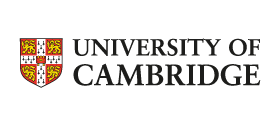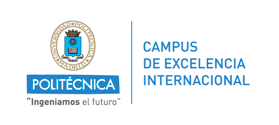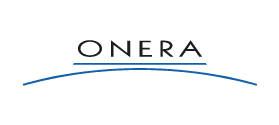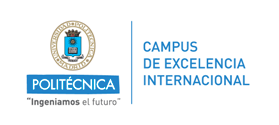Advances in Numerical and Analytical tools for DEtached flow prediction
Participant: Universidad Politécnica de Madrid, Airbus-SP, Airbus-UK, NUMECA, Von Karman Institute, Leuven University, Imperial College London, University of Cambrigde, ONERA, DLR.
Budget: 4.5M€
FP7-PEOPLE
Networks for Initial Training (ITN)
ANADE is based on existing collaborations in different national and international projects, a common research interest toward fluid dynamics applied to industrial problems and existing, although immature, common training programs between the partners. We all partners agree that the current skills of science graduates in the technologies covered by this project are still insufficient. The project also tries to address the shortage of scientists and engineers in Europe in the next future by offering an attractive plan of training and research, with strong colaboration between industry and academia.

From a technical point of view, the training is focused on acquiring awareness of new potential technologies, as well as, new capabilities to be implemented within the design process. Intention is to extend the range of simulation available today, both in physics understanding and new technologies coming from the consortium. Direct impact is expected within methods that could support on the complicated analysis of flow separation (by introducing new techniques that provide insight about the stability of a given design), noise generation (early simulation capabilities based on current technologies in use), novel simulation techniques (that will reduce the design loop cost by reduction of resources needed to perform the same simulation), solution quality increase (by improving the mesh generation quality assessment).
The complete research and training program for all researchers recruited inside the network is based on the Network-Wide Training approach (training through carrying out individual research projects) and complemented by Internal Network Training (secondments, advanced courses, workshops, open international competitions, training by internet) and Local Specialist Training (specific courses, day to day research). All three dimensions involve research based training and complementary







